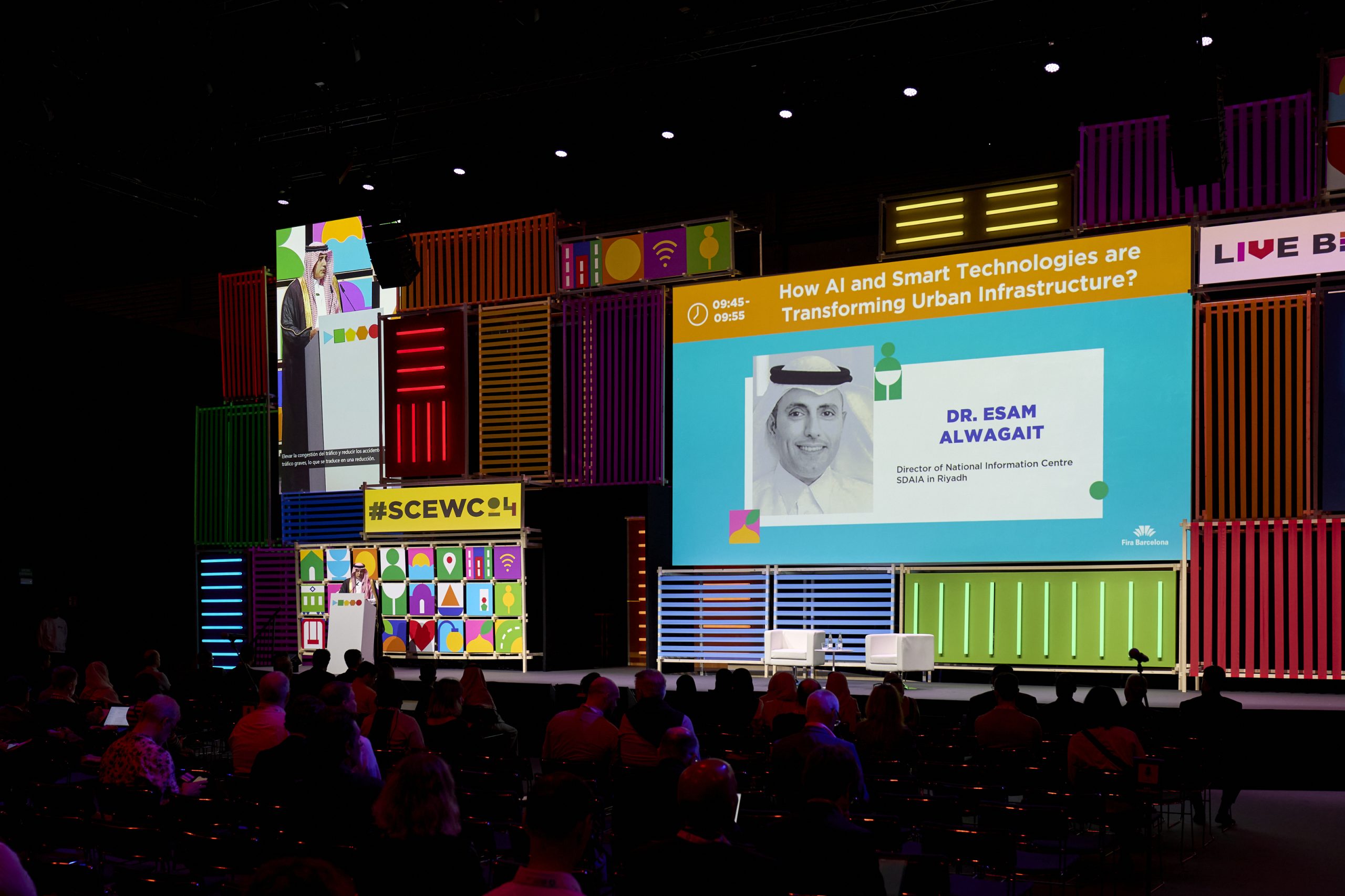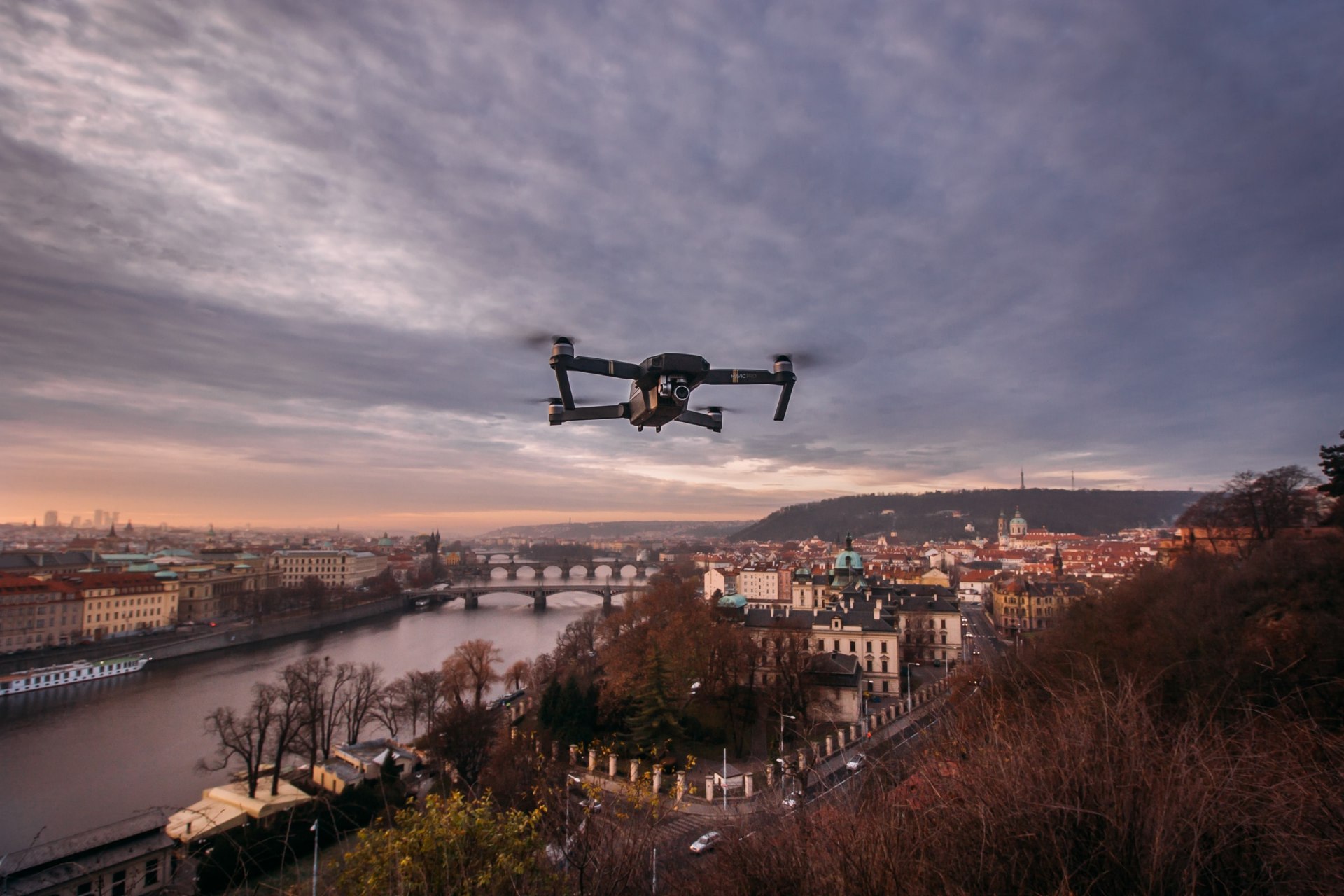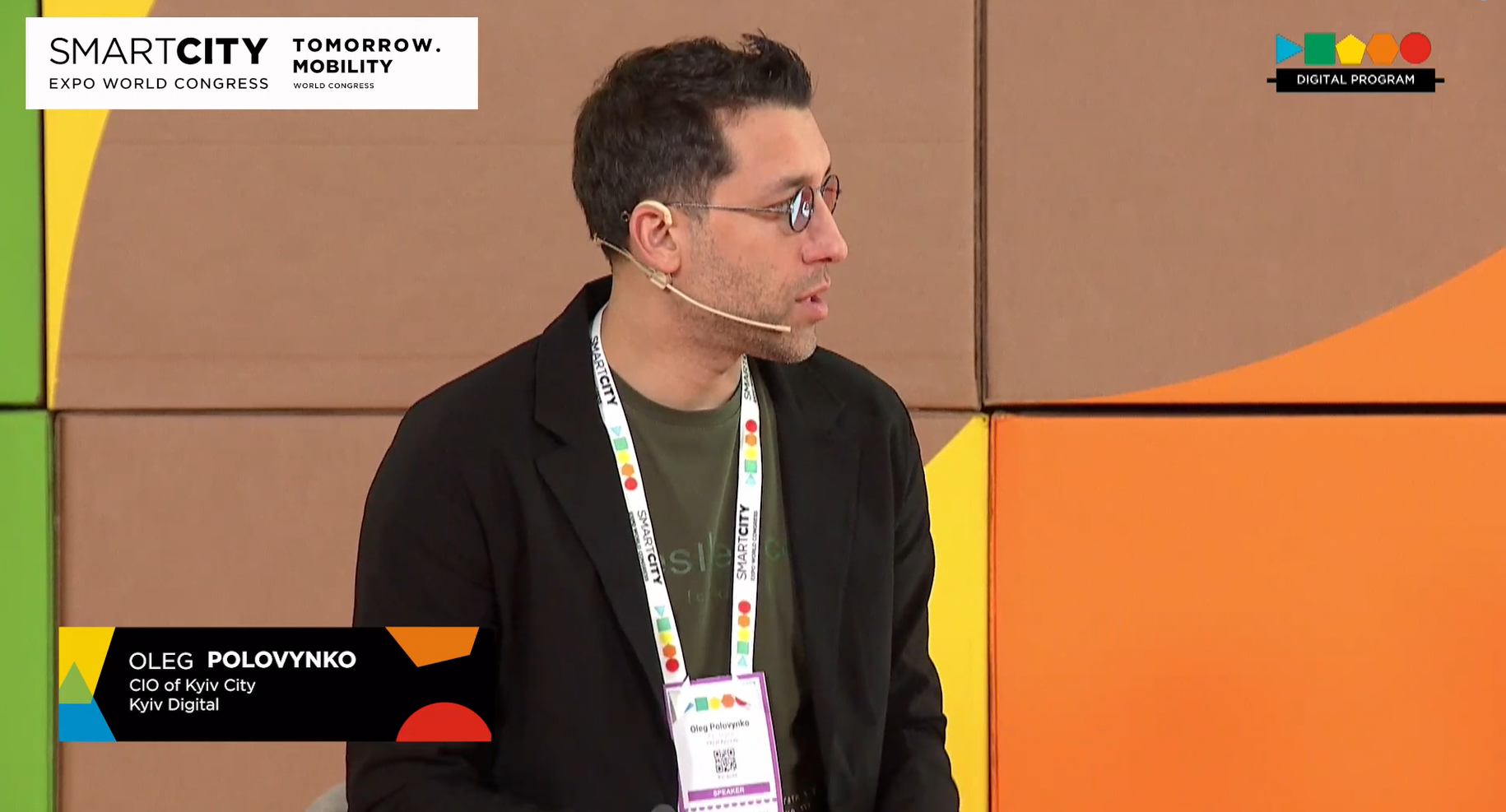Author | Jaime Ramos
Cities benefit from the countless advantages offered by Big Data traffic management. It forms an essential base for the most promising technological solutions of the century, such as autonomous vehicles or carbon neutral cities. But, is there a dark side to Big data?
IoT: Is Big Data dangerous?

Big Brother, Psychohistory, Neuromancer… The science fiction genre is full of tales about the dystopian concept of a remote-controlled reality. The devils surrounding the Big Data dream are based on the same model.
Once we consent to the assignment of personal data, a complex and, above all mysterious journey begins. It may begin as a simple commercial exchange of information. For example, when we take out a service via a platform. We soon find out that the information given is used to send us advertisements for similar services. However, it does not end here.
Is Big Data being used for malicious purposes?
The information accumulated by giants such as Google, Amazon, Alibaba or Facebook are not just stored in their data farms. It falls into the hands of other stakeholders, whose interests are unknown and over which we do not have a direct control.
But, does it really matter if a company or an administration headquartered millions of kilometers away knows the cleaning habits of our robot vacuum cleaner or what type of series we stream? Although it may not seem relevant, it may be crucial depending on how this information is being used and, particularly, as it goes through a collective and not an individual sieve.
What are the risks of data trafficking in smart cities?
Smart cities are often accused of using and abusing data flows. For mobility solutions, urban traffic management, energy rationalization or relationships with IoT to be as successful as they were intended, it is important to consider the consequences of knowing what citizens do in real time or thanks to data warehouses. These are some of the most significant dangers and risks.
Loss of privacy
Privacy is the first right at risk as a result of the wonders of the uncontrolled flow of data. According to Rebecca Herold, CEO of The Privacy Professor, in statements to Csoonline, "it is going to become increasingly difficult to do anything without having an associated identity nexus".
She refers to the fact that, despite the efforts to maintain user anonymity, the processes and standards of countless technologies need to store certain personal data in order for their solutions to make sense. This applies to any device with sensors and which we call smart.
Usage metrics can be collected for aspects such as the use of a municipal application or parking meters without providing data such as the name of the user, but when these data are crossed with their geographic location and habits, it is easy to associate them with the person behind the smart phone or service used. And the more information that is available, the easier it is to reverse the anonymization process.
Discrimination
Analyses of big data flow may include inaccuracies and lead to intentional prejudices. Therefore, systems that use these types of data may carry out discriminatory practices.
This is the case, for example, when more general selection criteria are applied, which end up generating an individual discrimination, not to mention the discriminatory potential if there is an unlawful use behind such processes.
After all, one of the main fears in the urban context is the use of Big Data and AI to make social control instruments more sophisticated. Let’s imagine, for example, a tool to detect traffic offenses in real time, but with criteria differentiating between vehicle types based on their engine size, which is the case in low-emission zones in cities.
Cyberthreats

City security goes from the streets to the "cloud". In recent years, we have seen how few are safe. Cyberattacks on cities increased in 2019. In 2020, 104 local administrations were victims of cyberattacks in the United States alone. A phenomenon that also affects smart homes.
Tackling these challenges requires city councils and administrations to get involved in the development of municipal systems, increasing the ethical standards of algorithms or opting for implemented urban infrastructure monitoring systems.
Images | Freepik/fanjianhua, Freepik/DCStudio






















































